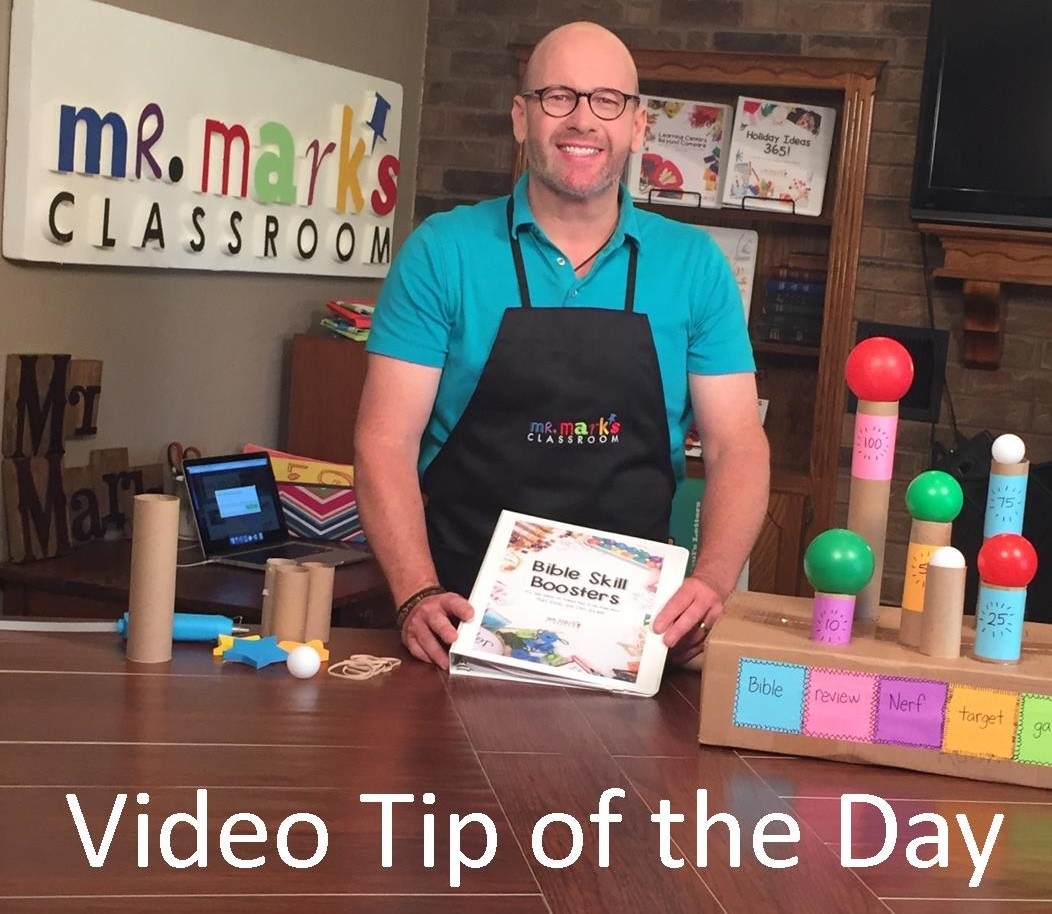“Your relationship with your child is a bridge, and your lifestyle values are carried across that bridge to your children. The stronger the bridge, the greater the weight of truth it will hold.” Chip Ingram, author
The primary goal of your discipline is not to create a perfect kid. That’s just not possible anyway. The goal of your discipline is to help your child to receive your discipline well. Let me prove that in Scripture. – Proverbs – 12:1, 15. 13:1,18. 6:20-23
So how do we do this? How do we get our children to respect the process of discipline?
- After giving consequence, you’re not done! Tension remains. Guilt may remain, anger. Revenge
- If left for days and years, distance develops. Layers, walls, constant policing role make closeness difficult. Parents may sense it but not know how to make it better.
- Sometimes kids want closeness but parents’ anger keeps child at bay. Parents may use anger to punish.
- Every discipline session needs closure. Parents sometimes think the consequence is the discipline, but the consequence only gets the child’s attention. The real benefit or impact comes with the Positive Conclusion.
What is a Positive Conclusion? A discussion you have to clarify the offense, make a plan for the next time and offer encouragement to do the right thing.
Q 1- What did you do wrong?
- Purpose is to allow child to take responsibility. Children like to blame others.
- Children have a hard time accepting responsibility. No one likes to admit fault. They want to rationalize, blame, or trivialize. They may answer, “I don’t know” or “I didn’t do anything wrong.”
Q 2- Why was that wrong?
- Don’t ask “Why did you do that?” Not productive. Child might not know, and it has an accusatory tone. Says, “What’s wrong with you?” (Closes down the heart.)
- Why was that wrong? Helps address heart issue and refers to a higher standard. Gives opportunity to talk about your family’s values. God is giving you the opportunity to discuss the why’s of your rules.
- Since this is so important (God-given) the way you handle it is critical. Yelling, arguing, sarcasm, and harshness close a child’s heart. These three questions asked gently reach into a child’s heart.
Q 3– What are you going to do differently next time?
- Turns focus to the right thing. It’s a hopeful question. Gives you a chance to explain right behavior and what you expect.
- Kids who are impulsive need training to learn new options. Sometimes they are overpowered by emotions. You can help them read their emotions and learn better ways to handle them.
Statement: OK, Go ahead and try again.
- Always end with this affirmative. Says, “I believe in you. “You might make a mistake, but I’ll be there to help.” Kids need confidence.
- Ending discipline times this way communicates hope. Many kids see themselves as stuck with their lives. They can’t envision change. The PC gives courage and hope to change and says “I’m rooting for you. I know you can do it!”







